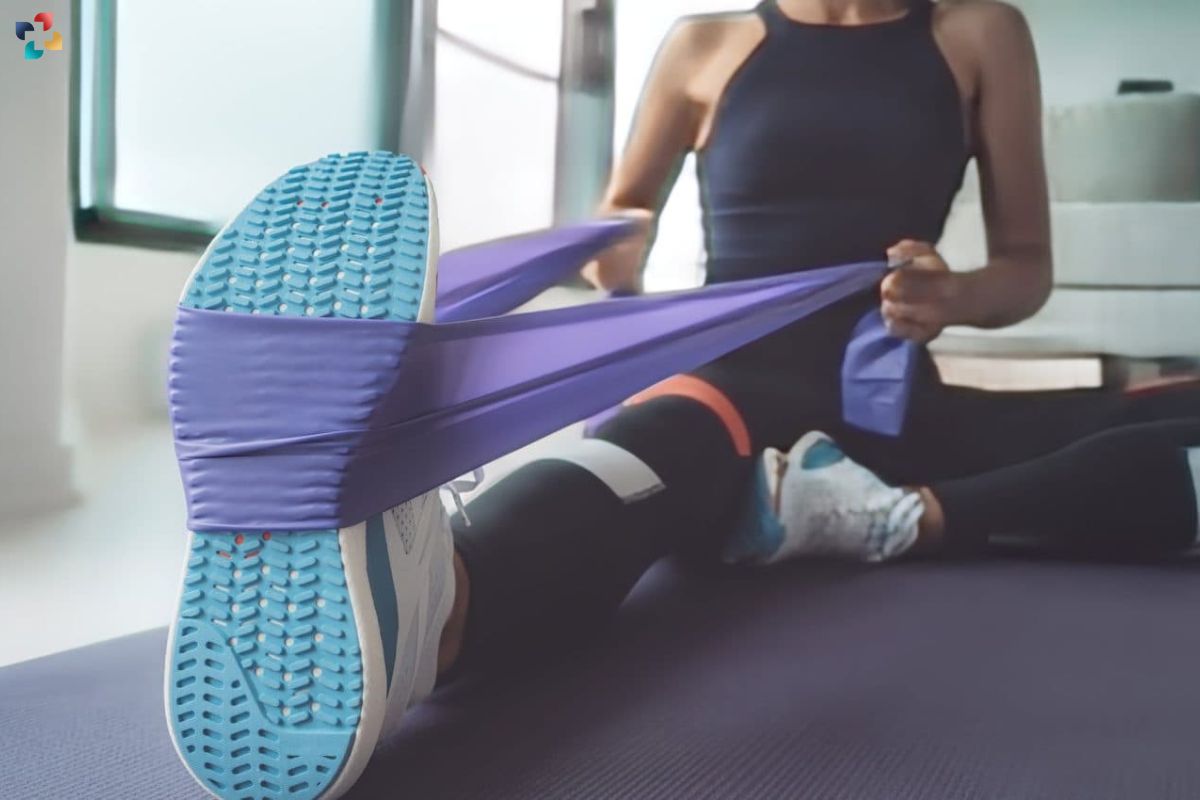Source-Earth.com
Recent research published in the open-access journal BMJ Open Sport & Exercise Medicine suggests that short bursts of nighttime resistance exercises could significantly improve sleep duration. The study highlights that taking three-minute activity breaks every 30 minutes over a four-hour period may enhance the length of sleep for individuals who spend considerable time sitting. While traditional guidelines typically advise against intense workouts before bedtime due to concerns over increased heart rates and body temperature, this new evidence challenges those norms.
Nighttime Resistance Exercise: Research Methodology and Findings
The study involved 30 non-smoking participants aged 18 to 40, all of whom reported more than five hours of sedentary activity daily, particularly in work and evening settings. To accurately monitor their physical activity and sleep patterns, participants wore activity trackers for a week, logging their sleep times and any additional physical activities they engaged in outside the tracker’s scope.
Conducted in a controlled laboratory environment, the study required participants to complete two four-hour sessions on the same day of the week, with a minimum six-day interval between sessions. During one session, participants remained seated for the entire duration, while in the other, they performed simple resistance exercises every 30 minutes. These exercises included chair squats, calf raises, and standing knee raises, lasting for 20 seconds each and synchronized with a video guide.
Data revealed that before the intervention, participants averaged 7 hours and 47 minutes of sleep, alongside 10 hours and 31 minutes of sitting and 4 hours and 55 minutes of vigorous activity daily. Following the activity breaks, results indicated an increase in average sleep duration by 27 minutes, showing an improvement from 6 hours and 45 minutes (after prolonged sitting) to 7 hours and 12 minutes.
Implications and Future Research Directions
Interestingly, the participants’ wake times differed post-intervention, with an average wake time of 8:06 AM following activity breaks compared to 7:35 AM after prolonged sitting. Notably, there were no significant changes in sleep efficiency or the number of nighttime awakenings between the two conditions, suggesting that the activity breaks did not disturb overall sleep quality.
Despite these promising findings, researchers acknowledge limitations, including the small sample size and the controlled setting, which may not accurately reflect real-life behaviors. They advocate for further studies with larger participant groups in more natural environments to validate their results.
The researchers argue that the findings contribute to a growing body of evidence indicating that evening exercise does not adversely affect sleep quality, challenging existing sleep recommendations. They emphasize that adults tend to be the most sedentary during evenings, a period when insulin sensitivity is lower, which can contribute to health issues.
By promoting extended sleep durations, particularly for those who struggle to meet recommended sleep hours, these nighttime resistance exercise breaks could potentially reduce the risk of cardiometabolic diseases in the long term. The exercises utilized in the study are straightforward, require no equipment, and can be seamlessly integrated into evening routines, making them accessible for many.
While the relationship between nighttime resistance exercises and sleep quality requires further exploration, this study lays the groundwork for understanding how simple physical activity can improve sleep patterns, offering hope for individuals seeking better rest without the fear of disrupting their nighttime routines.







